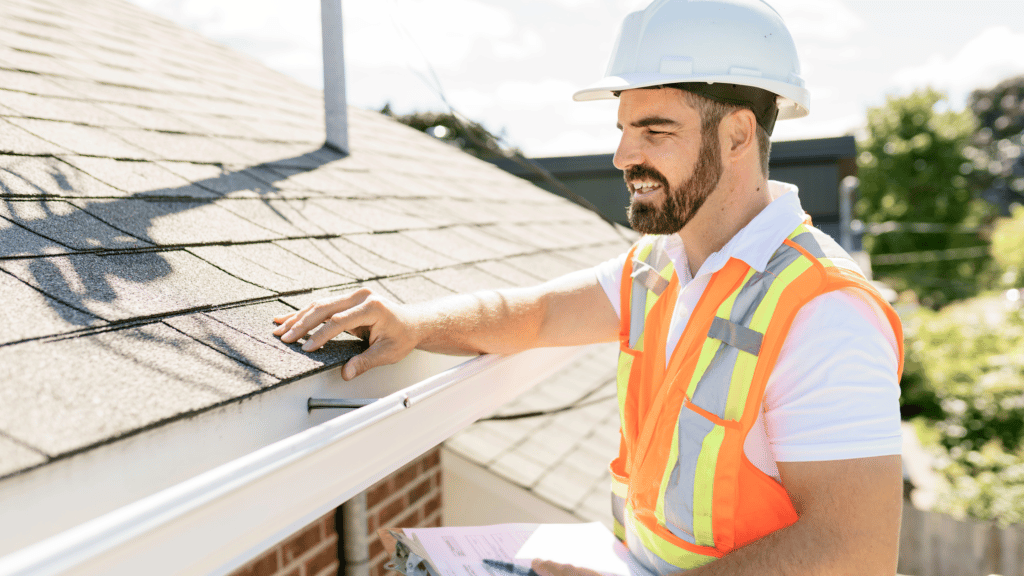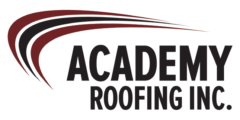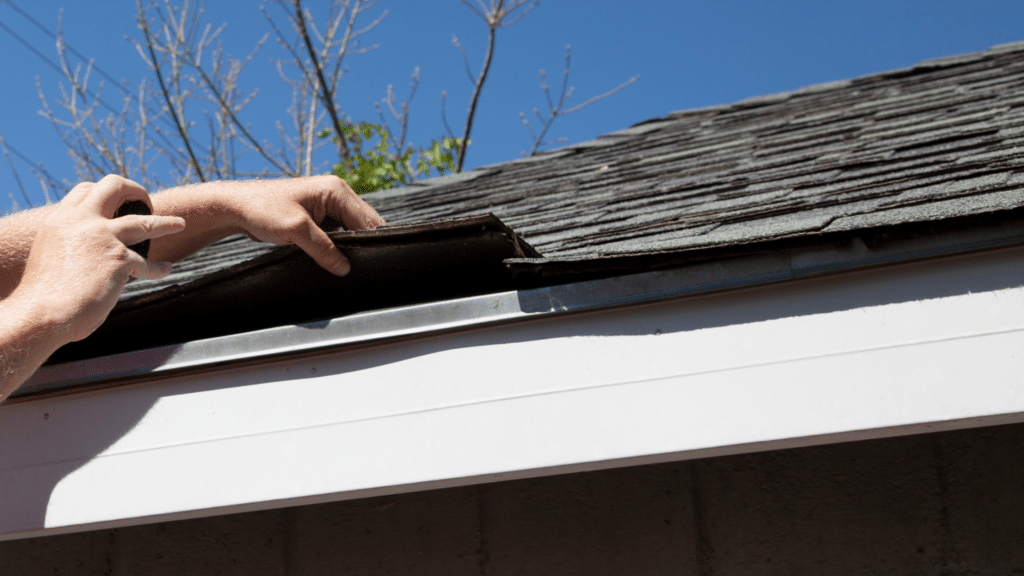When it comes to the roof over your head, you want to be sure that it’s in good condition. There is a lot of confusion surrounding roof certifications and roof inspections. Many people do not know the difference between the two, and as a result, they may end up paying for services that they do not need.
If you’re in need of roof certification or inspection, hire a trusted contractor to get the job done right.
What is the Difference Between a Roof Certification and a Roof inspection?
A roof certification and roof inspection are both important for the safety and security of your home. However, they serve different purposes. A roof certification is an assessment of the roofing materials and their compliance with industry standards. A roof inspector looks at the condition of your roof and identifies any potential problems that need fixing.
It is important to have a roof certification to ensure that your roofing materials meet safety standards. However, it is also important to have a roof inspection on a regular basis to ensure that your roof is in good condition and does not need repairs.
What is the Difference Between a Roof Certification and a Roof inspection?
A roof inspection is not a common procedure, so it may be difficult to know when you need one. In most cases, it is best to have a roof inspection if you are buying or selling a home, if you have noticed any damage to your roof, or if your roof is more than 10 years old.
Most roofs need inspection at least every 3 years. If you live in an area that is prone to severe weather conditions, you may need to have your roof inspected more often. It is important to have a roof inspection done by a professional, as they will be able to identify any hard-to-see damage.

When Would You Need a Roof Certification?
A roof certification is a document that attests to the condition of a roof. A roofing contractor issues one following an inspection of the roof. The certification will list any damages or defects found on the roof and provide an estimate for the cost of repairs.
A roof certification is not always required, but it may be necessary in some cases. For example, if you are buying or selling a home, the buyer or seller may request a roof certification as part of the sale. A certification may also be required if you are applying for insurance or taking out a loan against your home.
What Are Some Benefits of Having a Roof Certification?
There are many benefits to having a roof certification. A roof certification means that a professional has examined your roof and found it to be in good condition. This certification can help you secure a lower homeowners insurance rate, and can also make it easier to sell your home. Additionally, if you ever need to file a homeowners insurance claim, having a roof certification will make the process go much smoother.
Some other great benefits to a roof certification include:
- It can help you sell your home faster and for a higher price
- It can make it easier to get a mortgage
- It can help you qualify for government assistance programs
What Are Some Benefits of Having a Roof Inspection?
A roof inspection is a valuable service that can provide a number of benefits to homeowners. By having a regular roof inspection, you can protect your home and your family from the potentially devastating effects of water damage.
A roof inspection can also help you save money on your monthly energy bills. If there is a problem with your roof, the inspector will be able to identify it and recommend solutions that will help you keep your home warm in the winter and cool in the summer.
Finally, a roof inspection can help you extend the life of your roof. By catching small problems before they become big ones, you can avoid major costs from damage in the long run.
Here are some other great benefits of having a roof inspection:
- It can ensure that your roof is performing at its best and is not under any unnecessary strain
- It can help you identify potential weak spots in your roof that could lead to water leakage or other damage
- It can help you prolong the life of your roof
Roof inspections and roof certifications are both important, but they serve different purposes. Roof inspections are a way to identify any potential problems with your roof so fixes can happen before they become bigger and more expensive issues. Roof certifications, on the other hand, are a way to prove to potential buyers or lenders that your roof is in good condition.
If you’re in need of a roof inspection or certification, our team at Academy Roofing can help—contact us today!

